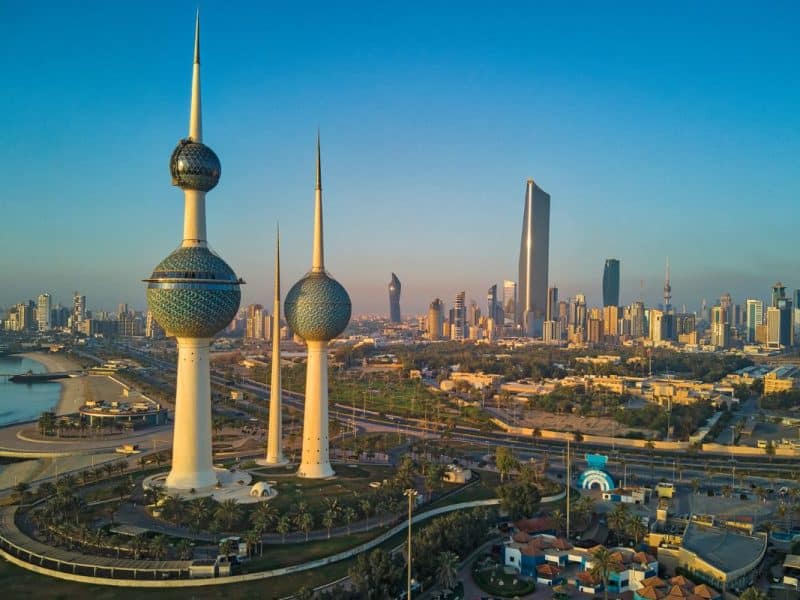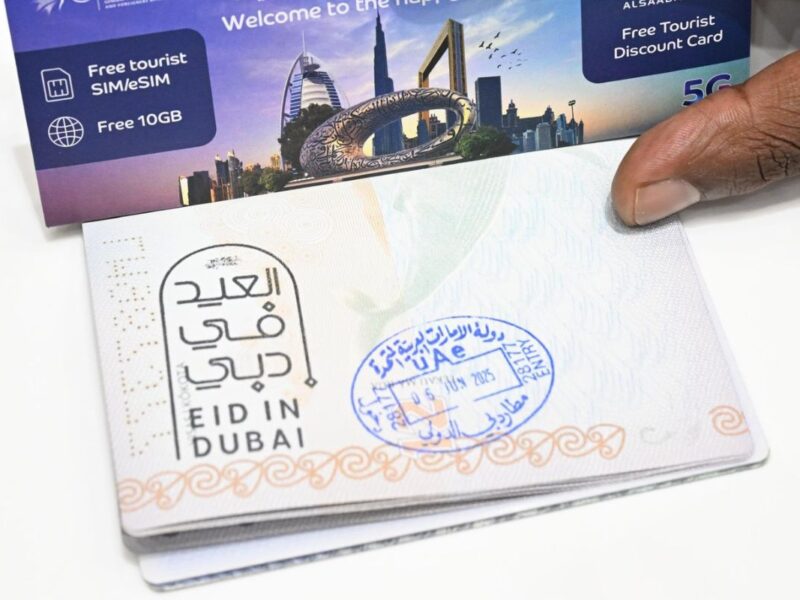Coordinating the supply chain operations of the Middle East’s largest oil companies is a logistical challenge that requires dedicated resources and expert knowledge – factors that DHL Excel Supply Chain has successfully mastered over the years.
DHL Exel Supply Chain, the logistics arm of global heavyweight Deutsche Post World Net (DPWN), is enhancing its oil and gas service provision across the Middle East to meet growing demand for the efficient transportation of drilling equipment and spare parts.
Highlighting its impressive market share in the region, the group’s Exel Supply Chain (ESC) division recently concluded a lucrative 10-year contract with Saudi Aramco, the world’s number one crude oil producer.
The deal represented one of the largest contracts of its kind in the Middle East, where demand is particularly prevalent in countries such as Saudi Arabia, Qatar, Kuwait and Oman.
This division is tailored to industry needs and staffed by professionals with an acute knowledge of oil and gas operations.
The scale of operations in these countries has grown dramatically on the back of the region’s current economic boom, although ESC can actually track its local operations as far back as 1977.
Unsurprisingly, the company has flagged Dubai as a regional hub, thanks largely to its strategic location for distribution operations, with access to a large regional market covering the Middle East, Indian subcontinent, North Africa and the Caspian Sea region.
“If you divide the oil and gas business into its three distinct sectors of upstream, covering drilling and production activities, downstream, which is refining, and then major freight forwarding, covering project builds, we are now active in all of the above through the DHL family of express, freight and Excel Supply Chain operations,” explains Kevin Murray, ESC’s supply chain director for the oil and gas division in Europe, Middle East and Africa.
To meet the high demands and specific challenges thrown down by the regional hydrocarbon sector, Murray states the Exel Supply Chain oil division is migrating from traditional logistics to become a specialist oil and gas service provider.
That means we have a robust understanding of what the well engineers right across the region are trying to do,” he says.
By managing the logistics operation on behalf of an oil company, we can add more drilling days and add much more value than a pure freight provider because this division is tailored to industry needs, and staffed by professionals with an acute knowledge of oil and gas operations.
Focussing on the Middle East, ESC is working with Saudi Aramco and PDO in Oman in upstream sectors, where it has developed processes and systems to optimise heavy equipment moves and spare parts logistics.
“Currently in Oman there are around 35 large land rigs, which are periodically broken down and moved to new sites. Each of these are a fair size and weigh up to a couple of hundred tonnes,” says Murray.
As the region gears up its production capacity to meet record world demand, one of the crucial factors facing the industry is moving the huge rigs to where they will be most productive. Simply purchasing new equipment isn’t always an option as the manufacturers and equipment providers are stretched to capacity and lead times are generally long.
“In Oman, the primary challenge is how to optimise these overland rig movements, because it’s resource constrained. There simply isn’t much spare equipment around at the moment so making the best use of those physical assets is vital,” adds Murray.
Oman’s oil resources are typically much more fragmented than some of the region’s larger fields. However, with approximately 5.5 billion barrels of proven declared reserves, it remains an important producer in the region, and an important market for ESC.
“Recently we’ve started moving the rigs through the night in Oman. The key issue with working after dark is health and safety. It’s a dark, hot environment, and if you stumble across unexpected problems, the remoteness compounds the safety issue too,” Murray explains.
The distances involved in moving land rigs can be large, but the remoteness of the sites they are being moved from and to throws up additional hurdles to a successful logistics operation.
Road access to some of the fields in this region can be limited or non-existent in some cases, so safely moving all of this heavy equipment through the desert raises several operational challenges,” remarks Murray.In remote locations there are unusual and sometimes unexpected challenges, which require decisions to be made by staff on the ground.
Depending on where you’re operating in the region there can be border crossing issues, security issues, as well as the obvious problems posed by moving heavy equipment across rocky or desert terrain types,” Murray indicates.
DHL has been contracted to develop Saudi Aramco’s national logistics infrastructure. This encompasses the provision, management and operation of four material distribution centres (MDCs) in Dammam, Riyadh, Jiddah and Yanbu, as well as a fleet of vehicles and 14 material service centres (MSC).
The headquarters in Dubai has many benefits as a logistics hub and provides excellent support infrastructure to move around the Middle East.
To implement these activities, Exel Supply Chain manages a country staff of around 600.
The company was brought in to replace Saudi Aramco’s fragmented logistics arrangements with an integrated supply chain service. The groundbreaking deal with the oil giant covers the company’s entire domestic distribution.
Aramco is the world’s largest oil producer, churning out a gigantic 10.5 million barrels a day. The deal is enormous, and managed to triple overnight the size of DHL’s entire contract logistics business in Saudi Arabia.
Spread over ten years, the contract is estimated to be worth US$500 million. It involves managing the entire supply, sourcing and delivery of everything for the company within the Kingdom, from toilet rolls to oil pipes.
The Saudi Aramco tie-up has garnered much industry attention, and allowed Exel Supply Chain to break into the industrial sector and offer value-added contract logistics to the oil and gas industry elsewhere in the Middle East.
The high-profile nature of the deal prompted enquiries from other oil and gas companies in the region and has paid dividends for the group.
“We viewed this as a major opportunity to grow, not just with national and international oil companies as a long-term partner, but with other clients who are suppliers to the oil and gas markets, such as Schlumberger, which we have a strong regional relationship with,” explains Murray.
The sustained high oil price has created an offshore drilling boom, and with this has come a surge in demand for the niche logistics platforms and rigs required at sea. “Ultimately this means helicopters and vessels, which is a totally different model to more traditional overland transport optimisation.
It’s a massive sector and the logistics activity for offshore oil and gas projects is probably already in the region of $48 billion per year,” Murray says.
Murray also remarks that the Exel Supply Chain division wants to move into offshore logistics activity to take advantage of the oil and gas know-how the group is acquiring. “Certainly we’re examining ways to break into that sector in a major way, not only here but throughout the world.”
Value can be added in a limited-resource environment by maximising the number of drilling days through efficient logistics. By combining analysis of the wells to be drilled, equipment types needed and timeframes involved, Murray believes that the Exel Supply Chain team can optimise drilling time because of its industry experience.
Despite the emirate not being a major regional oil producer, the Exel Supply Chain is based in Dubai.
In terms of location, the headquarters in Dubai has many benefits as a logistics hub, with its major sea and air terminals, but it also provides excellent support infrastructure to move around the Middle East. If our employees need to get to Abu Dhabi, Saudi Arabia, Qatar or Oman, it’s a relatively short hop,” says Murray.
Increasingly, oil companies are looking to outsource some, or all elements of their logistics operations. By concentrating efforts on exploration and production and leaving the movement of equipment to specialist service providers, valuable manpower can be freed up.
“For success in the oil and gas sector it’s not enough to simply be a logistics provider,” concludes Murray. “We’re looking to differentiate ourselves by combining inhouse oil and gas knowledge with our supply chain expertise to offer a higher value-added service.”
RELATED LINKS: Toy story, Onwards and upwards







